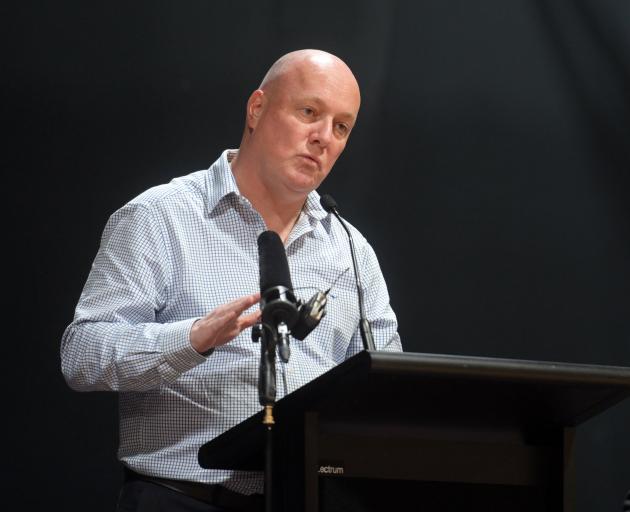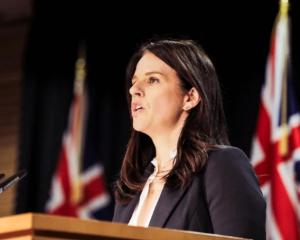
This represents a fall of 4 points from last month’s poll and one point lower than his prior worst performance, which was 24 in September and October last year.
New Labour leader Chris Hipkins continues to climb, hitting 39 per cent, up four points on the last poll.
In the all-important party vote, the poll put Te Pāti Māori in kingmaker decision, with neither the left nor the right aligned parties having enough to govern without them.
Labour led the field with 37 per cent up 4 points from last month, while National trailed on 34 per cent - down 2 points.
Act rose 2 points to 12, while the Greens fell 3 points to 8.
Te Pāti Māori was on 3.2 per cent, and NZ First was at 2.9 per cent. TOP rounded out the smaller parties on 1.5 per cent.
On those numbers, and assuming Te Pāti Māori wins at least one electorate seat, Labour would have 47 seats, and the Greens would have 10 - 57 in total and not enough to govern alone.
National would have 44 seats and Act would have 15 - 59 in total and two short of the majority needed.
Te Pāti Māori would have 4 seats, enough to put either party in power. Realistically, the current leadership skews more towards the left than the right.
Talbot Mills does Labour’s own internal polling, as well as corporate polls for clients. This is its corporate poll.
It polled 1021 respondents from March 1 to 9 and has a margin of error of 3.1 per cent.
The poll also looked at the issue of climate change.
It found that 61 per cent of people believed climate change was caused by the effects of pollution from human activities while 20 per cent of people believed it was caused by natural changes in the environment that are not due to human activities.
Eighteen per cent of people were unsure.
People were also polled on whether they had confidence in the world’s ability to handle climate change.
Forty-seven per cent of people were not confident, 34 per cent were unsure and 16 per cent were confident.












